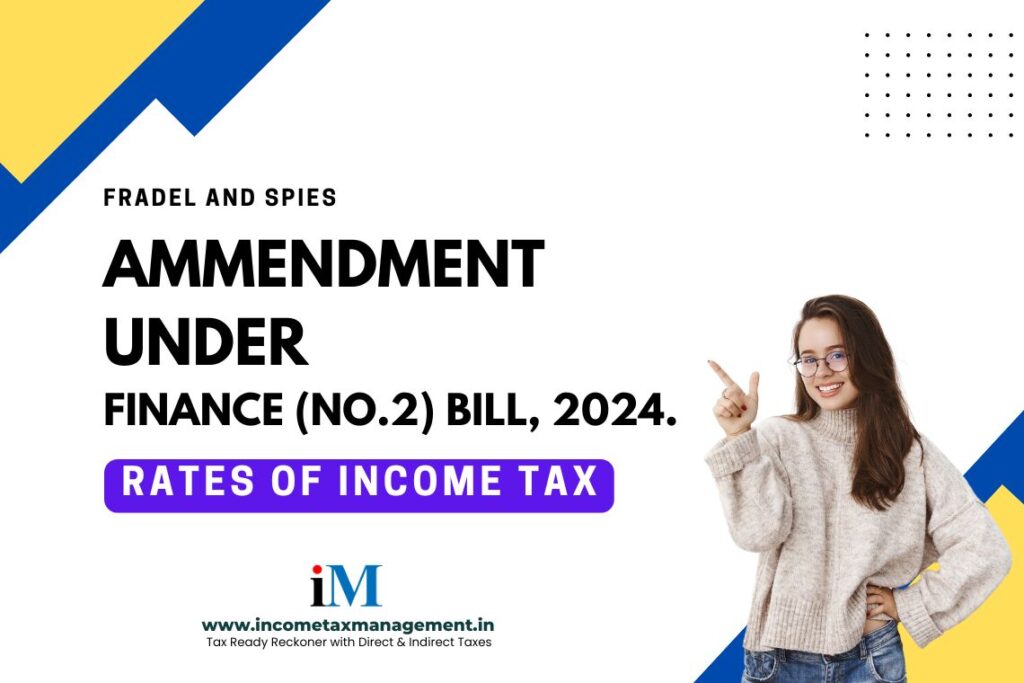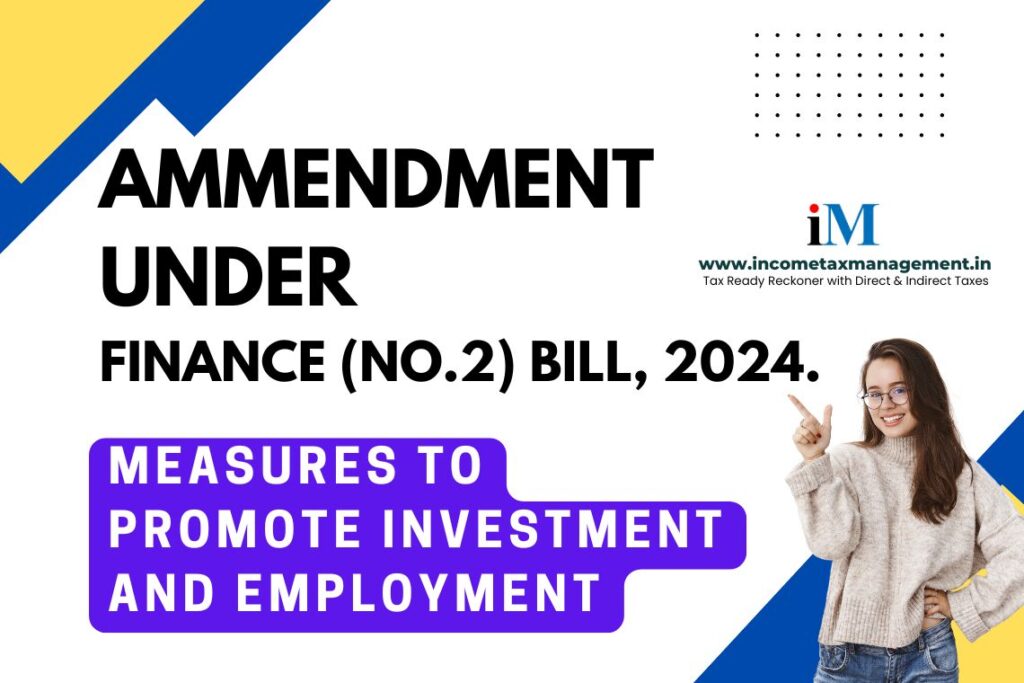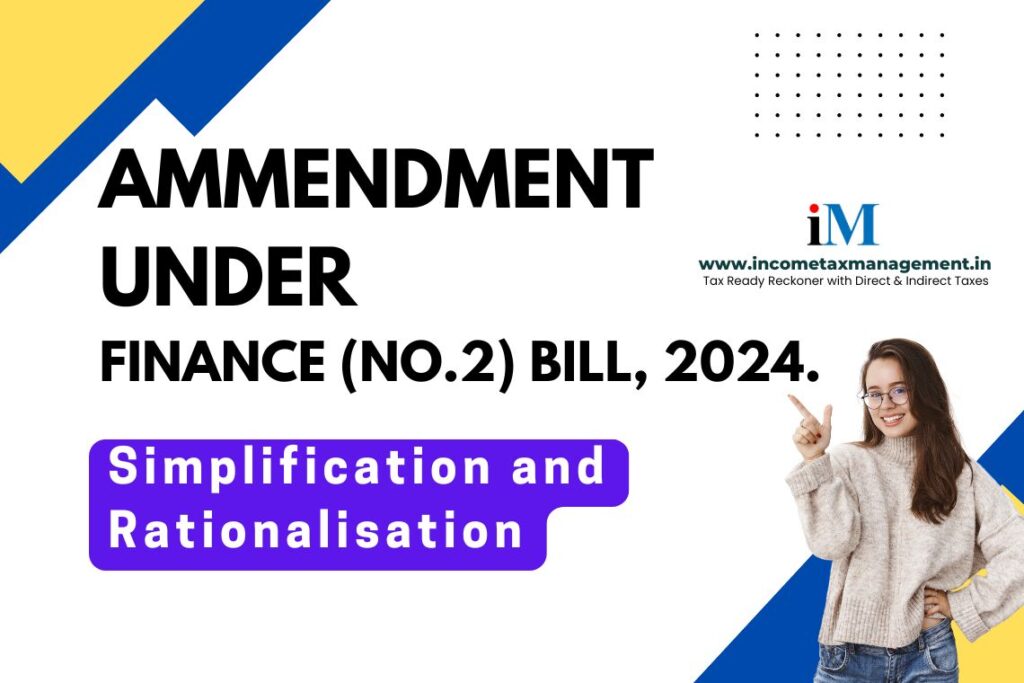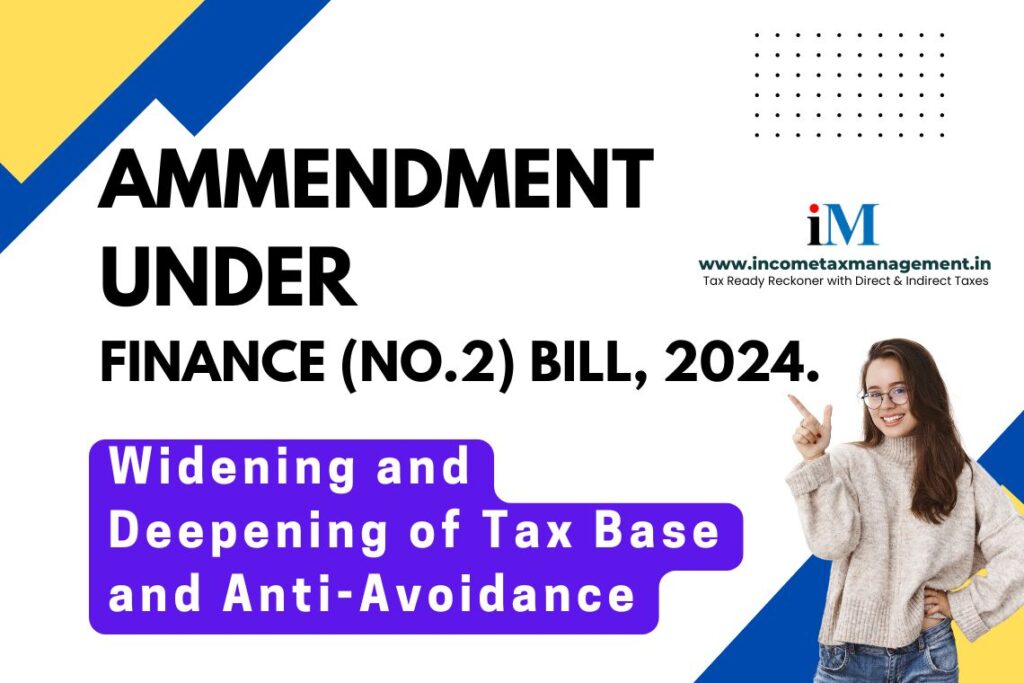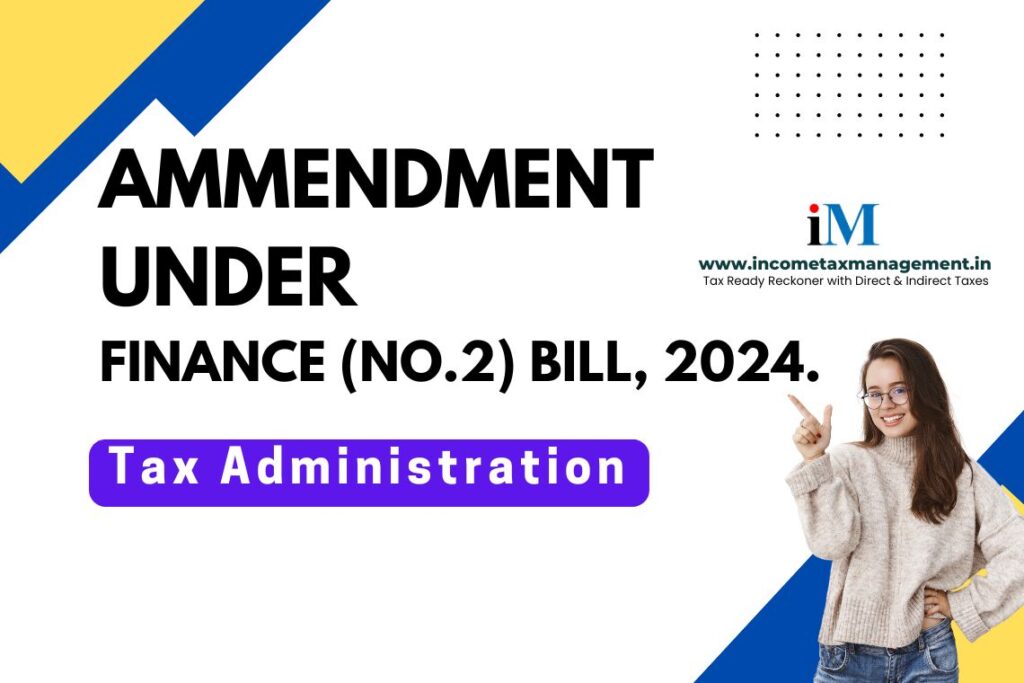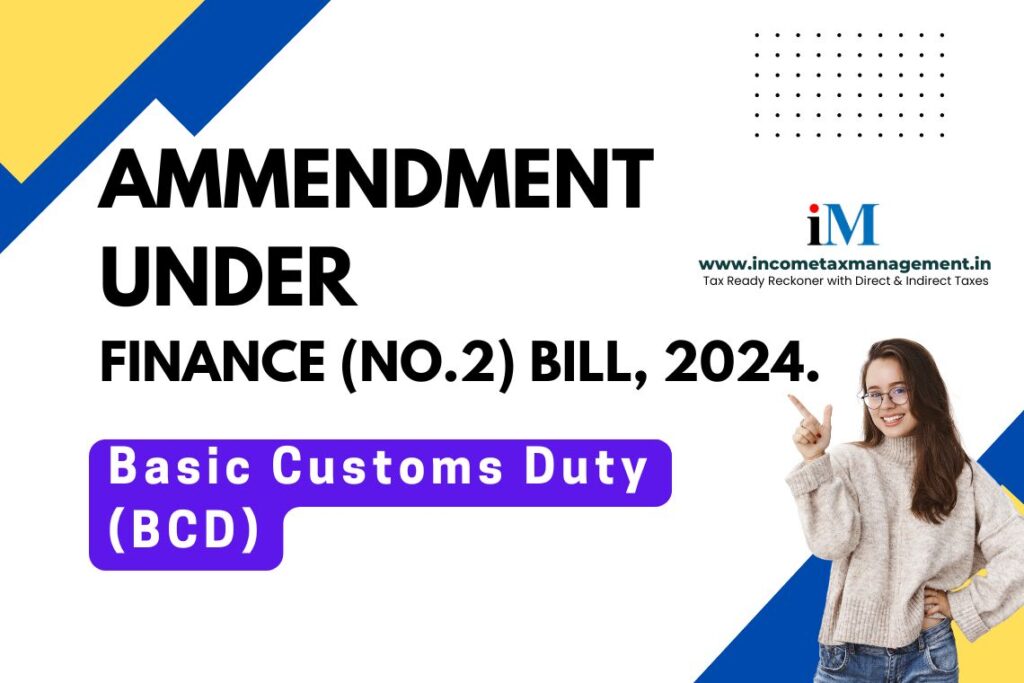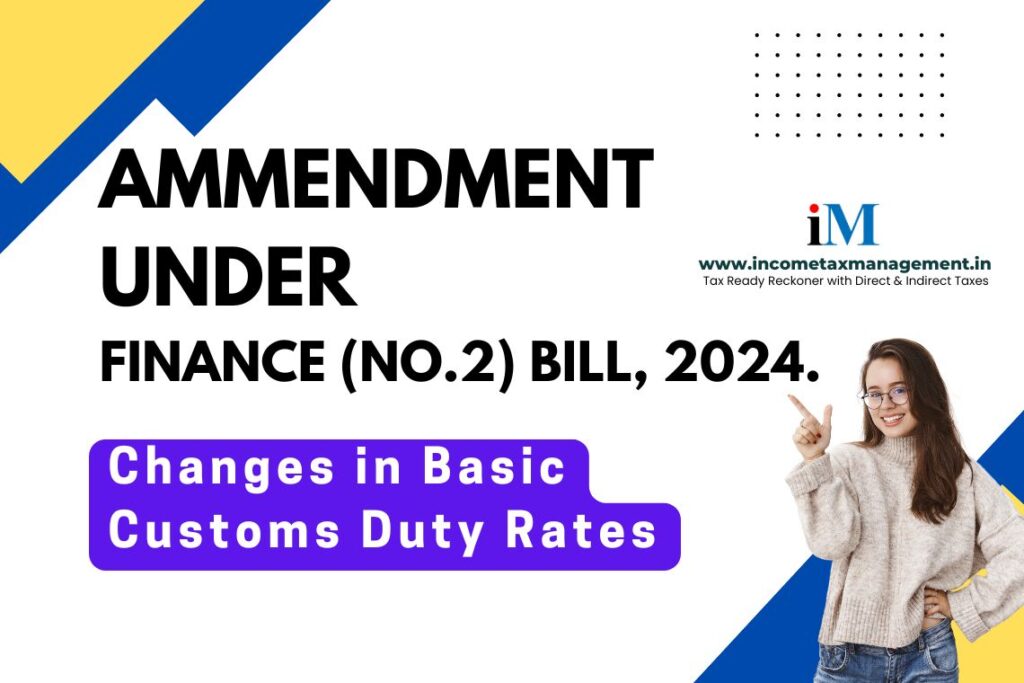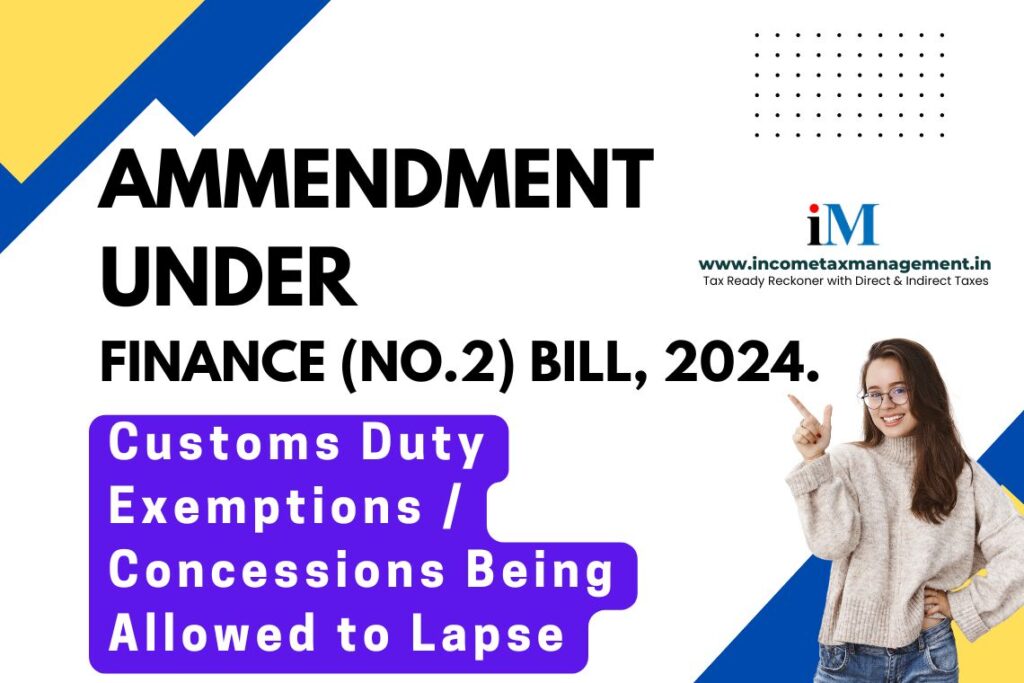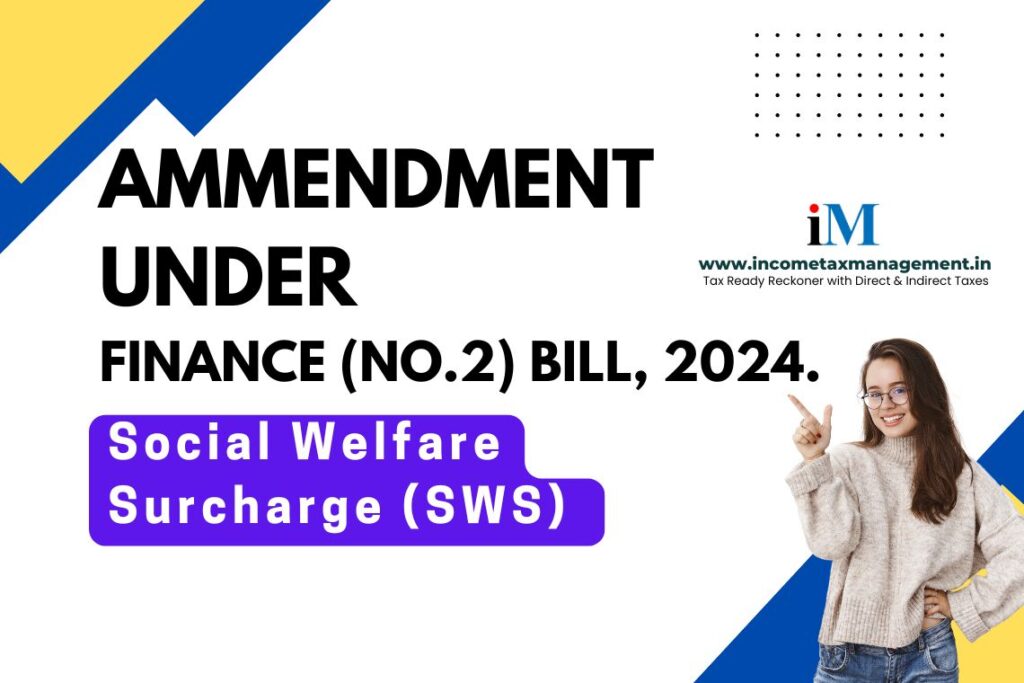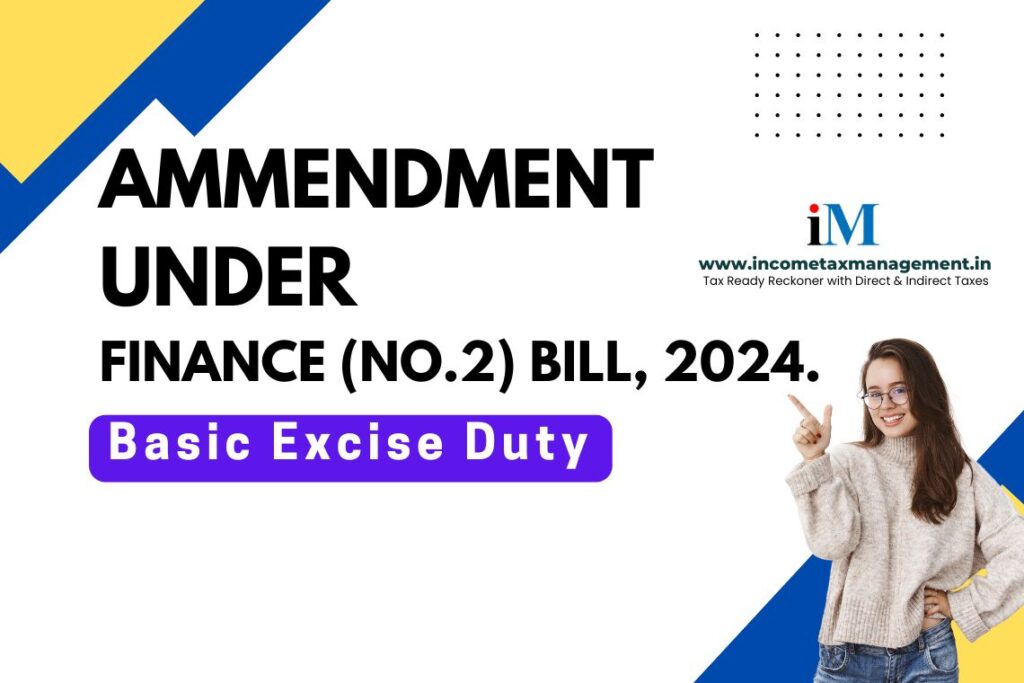| Enrolment Duration | Expenditure Duration | Beneficiaries | Central Outlay | |
| Years | (lakhs) | (Rs. Crore) | ||
| Employment Linked Incentive | ||||
| Scheme A (first timers) | 2 | 3 | 210 | 23,000 |
| Scheme B (bulk hiring of first timers in manufacturing) | 2 | 6 | 30 | 52,000 |
| Scheme C (job creation) | 2 | 6 | 50 | 32,000 |
| Internship Programme (Phase-1) | 2 | 3 | 30 | 19,000 |
| Internship Programme (Phase-2) | 3* | 4* | 70 | 44,000 |
| Upgradation of ITIs | N/A | 5 | 20 | 30,000 |
| Total | 410 | 2,00,000 | ||
*Starting from third year
Outline of Schemes
1. Employment Linked Incentive Scheme A: First Timers (Para 20)
- One month’s wage as subsidy (maximum Rs. 15,000)
- Applicable to all sectors
- First timers have a learning curve before they become fully productive; subsidy is to assist employees and employers in hiring of first timers.
- Applicable to all persons newly entering the workforce (EPFO) with wage/salary less than Rs. 1 lakh per month.
- Subsidy will be paid to the employee in three instalments
- Employee must undergo compulsory online Financial Literacy course before claiming the second instalment.
- Subsidy to be refunded by employer if the employment to the first timer ends within 12 months of recruitment.
- Expected to cover approximately one crore persons per annum.
- Scheme will be for 2 years
2. Employment linked Incentive Scheme B: Job creation in manufacturing (Para 21)
- Applicable for substantial hiring of first time employees in the manufacturing sector
- All employers which are corporate entities and those non-corporate entities with a three year track record of EPFO contribution will be eligible.
- Employer must hire at least the following number of previously non-EPFO enrolled workers:
- 50 or
- 25% of the baseline (previous year’s number of EPFO employees) [whichever is lower]
- Incentive will be paid for four years partly to the employee and partly to the employer as follows:
| Year Incentive | (as % of wage / salary, shared equally between employer & employee) |
| 1 | 24 |
| 2 | 24 |
| 3 | 16 |
| 4 | 8 |
- Employer must maintain threshold level of enhanced employment throughout, failing which subsidy benefit will stop.
- Employee must be directly working in the entity paying salary/wage (i.e. in-sourced employee).
- Employees with a wage/ salary of up to Rs. 1 lakh per month will be eligible, subject to contribution to EPFO.
- For those with wages/salary greater than Rs. 25,000/month, incentive will be calculated at Rs. 25,000/month.
- Subsidy to be refunded by employer if the employment to first timer ends within 12 months of recruitment.
- This subsidy will be in addition to benefit under Part-A
- Scheme will be for 2 years
3. Employment Linked Incentive Scheme C: Support to employers (Para 22)
- Applicable to an employer who:
- Increases employment above the baseline (previous year’s number of EPFO employees) by at least two employees (for those with less than 50 employees) or 5 employees (for those with 50 or more employees) and sustains the higher level, and
- For employees whose salary does not exceed Rs. 1,00,000/month
- New employees under this Part need not be new entrants to EPFO
- For two years Government will reimburse EPFO employer contribution [up to] Rs. 3,000/month to the Employer for the additional Employees hired in the previous year.
- If the employer creates more than 1000 jobs:
- Reimbursement will be done quarterly for the previous quarter
- Subsidy will continue for the 3rd and 4th year on the same scale as Employer benefit in Part-B
- Not applicable for those Employees covered under Part-B.
- This subsidy will be in addition to benefit under Part-A.
- Scheme will be for 2 years
4. Skilling Programme and Upgradation of Industrial Training Institutes (Para 24)
- 1000 Industrial Training Institutes (ITIs) to be upgraded in hub and spoke arrangements in five years
- New Centrally Sponsored Scheme in collaboration with states and industry
- Focus on outcome and quality of skilling
- Course content and design aligned to needs of industry
- Total outlay of Rs. 60,000 crore over five years
- Government of India—Rs. 30,000 crore
- State Governments—Rs. 20,000 crore
- Industry—Rs. 10,000 crore (including CSR funding)
- 200 hubs and 800 spoke ITIs –all with industry collaboration
- Re-design and review of existing courses
- New courses
- 1 to 2 year courses in all 1000 ITIs
- Short term specialised courses in Hub ITIs
- Capacity augmentation of 5 national institutes for training of trainers
- 20 lakh students expected to benefit
5. Internship in Top Companies (Para 51)
- One crore youth to be skilled by India’s top companies in five years.
- Twelve months Prime Minister’s Internship with monthly allowance of Rs. 5,000
- Applicable to those who are not employed and not engaged in full time education.
- Youth aged between 21 and 24 will be eligible to apply.
- Cost sharing (per annum):
- Government – Rs. 54,000 towards monthly allowance (plus Rs. 6,000 grant for incidentals)
- Company – Rs 6,000 from CSR funds towards monthly allowance
- Training cost to be borne by the Company from CSR funds.
- Administrative costs to be borne by respective parties (for the Company, reasonable administrative expenses can be counted as CSR expenditure)
- Participation of companies is voluntary
- Applications through an online portal
- Company to select from a short list; short listing based on objective criteria with emphasis on those with lower employability
- Ineligible candidates (indicative list)
- Candidate has IIT, IIM, IISER, CA, CMA etc as qualification
- Any member of the family is assessed to Income Tax
- Any member of the family is a government employee, etc.
- Company is expected to provide the person an actual working experience on a skill in which the company is directly involved.
- At least half the time should be in actual working experience/job environment, not in classroom.
- In case the Company cannot directly do so, it must tie-up with:
- Companies in its forward and backward supply chain (e.g. suppliers or customers) or
- Other Companies/Institutions in its Group or otherwise
- Will be co-ordinated with State Government initiatives wherever applicable.
- Phase 1 of the scheme will be for 2 years followed by Phase 2 for 3 years
Note: Details of the schemes are subject to modification during the process of appraisal and approval.


